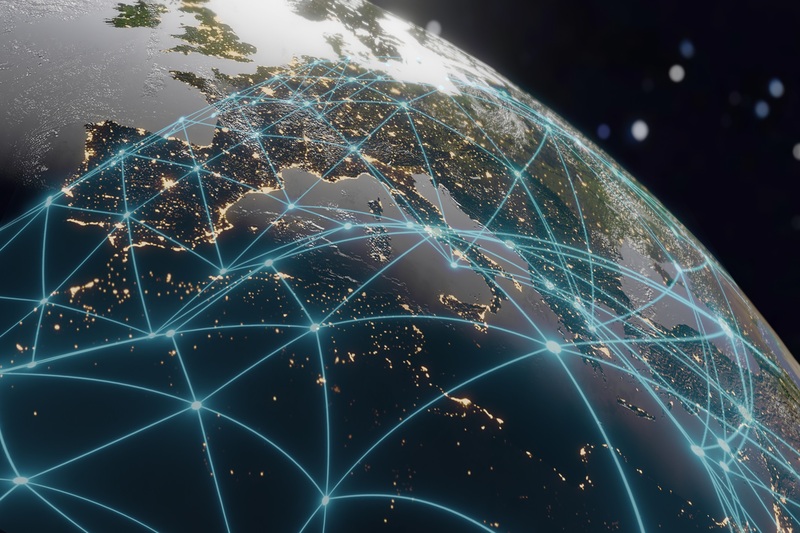''M&A: an extraordinary opportunity for change management: pushes companies to rethink and grow''

Today, M&A is the continuation of globalization strategies, but with new organization and financial means. It means rethinking the value chain

"M&A is the continuation of globalization strategies, but with new organization and financial means. Today, globalization no longer means occupying a territory but rethinking the presence in the various districts and, therefore, the value chain. It implies the search for value in a specific geographical context¿. Thus Carlo Alberto Carnevale Maffè (in the picture), professor of Strategy at SDA Bocconi, defines the new scope related to Mergers and Acquisitions, that is to say: an area which, since always, involves acquisitions or mergers aimed at changing the structure of two or more companies, but which today acquire different meanings, due to the ongoing war events in Eastern Europe and a more suffering economic context as a result of inflationary pressures.
"Scaling is not enough. Companies aiming at internationalization must integrate new processes linked to two strategic factors: green and digital."
The consideration arises from the news concerning the acquisition by Riello Elettronica Group of the majority stake in the French company ATM Distribution (read the article here). The deal has allowed the Veronese group to expand its international presence for automation and home security, thanks to the role of Sella Corporate & Investment Banking as an exclusive financial advisor, as reported by the press. "Today, the industries most exposed to this global vocation, and therefore the most committed on the international front, must find synergy not only in mere scalability but in a path of integration of new processes linked above all to two strategic factors: green and digital. But¿ be careful. It is not the simple sum of these two elements but a rethinking of the overall scope of the digital and environmental transition. Above all, digitalization is the daughter of the revolution caused by the global pandemic emergency", says Carnevale Maffè.
"M&A is an extraordinary opportunity for change management: it is an unavoidable and organizational casus belli"
Thus digital becomes central in redesigning the supply chain, redefining processes, and rethinking markets. "The pandemic has very quickly accelerated the transformation of everything. This shock has created advantageous conditions beyond the industrial dimension, and competition moves on the terrain of simplicity, accessibility, and speed of response", says Maffè.
Professor, despite the pandemic, war and general instability, is this global market still interconnected?
The market is even more biased, and physical logistics are fragmenting. The war in Ukraine accelerated the energetic transition, but the pandemic was the final moment to rework new strategies. Today, globalization, which is new and structured for European macro-regional blocks, is slower in its implementation and redesigning the supply chain is more linked to the consequences of COVID-19.
Is diversification still a winning key?
M&A has also always aimed at increasing the value of a company, thanks to diversifying its activities into new markets. This diversification has always been a value because it involves a structured action in terms of portfolio. And after all, it's a distribution of risk.
We need to focus on creating an impact and defining the necessary partnerships, as the World Economic Forum wrote in the Davos 2021 manifesto. How to rethink the company?
Mergers and acquisitions have always involved the consolidation of companies. In fact, it is a question of rethinking companies and, in doing so, rewriting the dynamics of the labour world. Thus, economic, environmental and social challenges must be undestood in an interconnected logic. But grounding all this there is another assumption: M&A is an extraordinary opportunity for change management, as it is necessary to train companies to change. So, it's a wilful accident and an inevitable organizational casus belli.
What is the role of the players in the economic and financial ecosystem in supporting this globalization?
The challenge is to rethink the role of advisors, who must provide not just economic resources but also human capital. They must chaperone this evolution, providing an expanded and innovative vision. It is a work of sewing the parts, therefore tailoring depending on the nature of the various companies involved.